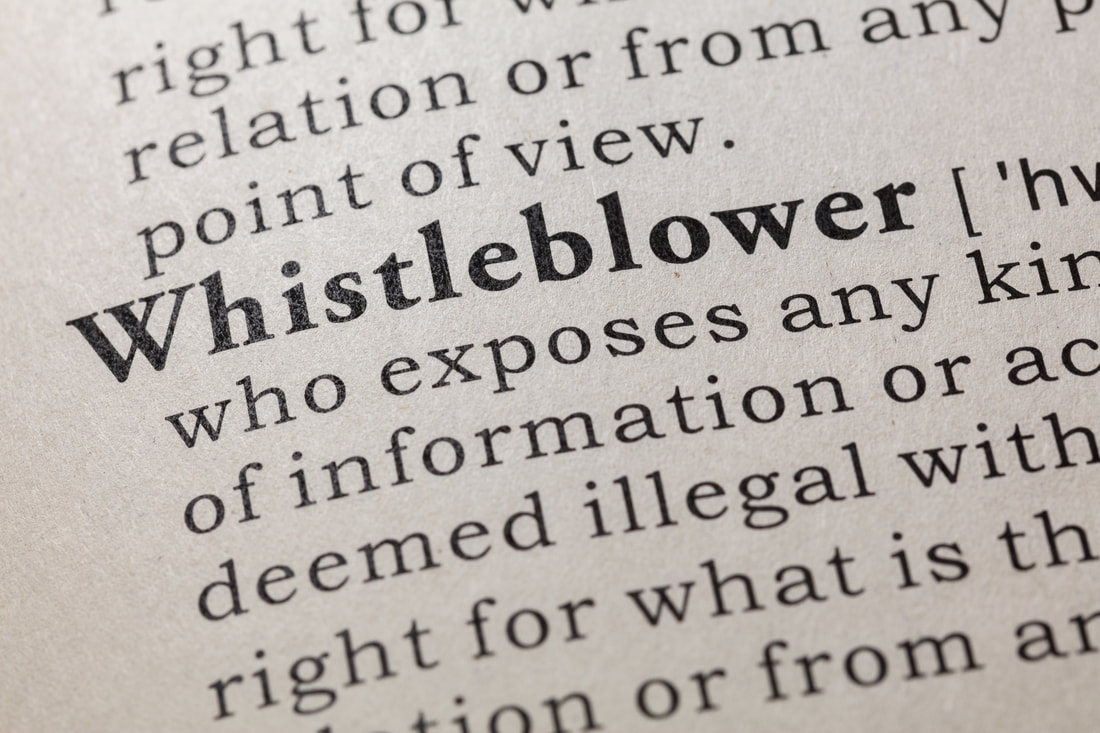U.S. Senate passes landmark law to protect victims of sexual assault and harassment from arbitration2/17/2022  Last week, the United States Senate passed the Ending Forced Arbitration of Sexual Assault and Sexual Harassment Act, signaling a huge victory for victims of sexual assault and harassment across the country. The law prevents employers from using forced arbitration clauses to protect themselves from lawsuits alleging sexual assault and harassment. The bill invalidates forced arbitration clauses in “any dispute or claim that arises or accrues” after the date it is signed into law. This appears to mean that it applies to existing agreements that an employee has already signed, but does not revive sexual assault or harassment cases that have already been arbitrated. Employers often include forced arbitration clauses in their employees’ employment contracts to ensure that employees’ claims of sexual assault or harassment are resolved through private arbitration, rather than normal court. Many employers do this because the employees tend to fare worse in private arbitration than they do in court. According to a paper published by the Economic Policy Institute, employees in private arbitration win only about a fifth of the time (21.4 percent), whereas employees in federal court win over one-third (36.4 percent) of the time. Employees also tend to be awarded less in damages in mandatory arbitration than in federal courts. The new bill, H.R. 4445, has not been signed into law yet, but has now been passed by both chambers of Congress with strong bipartisan support. President Biden has indicated support for the bill in the past and is expected to sign it into law soon. If you believe you have faced sexual assault or harassment at work, or have questions about arbitration, contact Teukolsky Law today for a free consultation.
0 Comments
Whistleblowers whose employers retaliate against them received some good news recently from the California Supreme Court. On January 7, 2022, the Court handed down a decision in Lawson v. PPG Architectural Finishes, Inc., holding that whistleblowers may prove their claims by a “preponderance of the evidence,” and that employers can defeat such claims only by showing “by clear and convincing evidence” that they would have taken the same adverse action even if the employee had not engaged in whistleblowing. A “preponderance of the evidence” standard is relatively low – it simply means that it was more likely than not that the employer engaged in unlawful retaliation. By contrast, the “clear and convincing evidence” standard is far higher, meaning that the employer will have a difficult time proving its defense than the employee will have in proving that retaliation occurred.
The Court rejected the employer’s argument that whisteblower claims should be evaluated using a more stringent test that is typically used in federal lawsuits. This victory for whistleblowers comes on the heels of the Associate Justice Leondra Kruger, who is rumored to be a contender for a U.S. Supreme Court seat after Justice Stephen Breyer announced he will retire, authored the unanimous decision. Jeffrey Thornton, a Black job applicant in San Diego, has filed the first discrimination lawsuit in California invoking the CROWN Act, a relatively new California law that went into effect in January 2020. CROWN (Create a Respectful and Open Workplace for Natural Hair) prohibits companies and public schools from using grooming policies targeting Black people’s natural hairstyles, including cornrows, dreadlocks, and twists.
In late November 2021, Thornton sued an event production company called Encore Global, which has an office in San Diego, alleging that Encore violated the CROWN Act when they asked him to cut his dreadlocks as a condition of employment. Thornton says Encore told him he would need to cut his dreadlocks to comply with the company’s standards. The lawsuit alleges that Encore required Thornton to cut his hair so that it was off his ears, eyes and shoulders, and that he would not be in compliance by simply tying back his hair. Since California passed the first CROWN Act in 2019, twelve more states have passed similar legislation. While federal courts generally take the stance that afros are a racial trait protected by anti-discrimination laws, they don’t take the same position toward other natural Black hairstyles. That is why the CROWN Act offers unique and groundbreaking protection for California employees. California state senator Holly Mitchell, who wears locs, originally introduced the CROWN Act after being inspired by a case involving a Black woman in Alabama who lost her job at a call center after refusing to cut her dreadlocks. Encore has stated since the filing of the lawsuit, “We regret any miscommunication with Mr. Thornton regarding our standard grooming policies — which he appears to fully meet and we have made him an offer of employment.” Thornton seeks an injunction prohibiting Encore from implementing a grooming or personal appearance policy that violates the CROWN Act or is otherwise discriminatory against people of color. If you believe you have faced racial discrimination at work, contact Teukolsky Law today for a free consultation. On October 27, the Washington Post reported that U.S. employers closed nearly 14,000 private arbitration cases in 2020, a 17 percent increase from 2019. The Post wrote about findings from a report by the American Association for Justice.
“Critics say the system, in which cases are decided by private arbitrators, keeps employment disputes out of the public eye and fails to hold corporations accountable,” the Post wrote. Mandatory arbitration agreements are increasingly common, both as a condition of employment and for consumers signing up for products and services. This week, the House Judiciary Committee is marking up the Forced Arbitration Injustice Repeal (FAIR) Act, which would ban mandatory arbitration. According to a 2018 report from the Economic Policy Institute, arbitration disproportionately affects low-wage workers and the retail industry; arbitration typically favors companies while shielding them from accountability for working conditions. According to the new report, employees were awarded money in just 1.6 percent of arbitrations in 2020. Decisions in arbitrations are final and cannot be appealed. California has moved to prohibit mandatory arbitration for employees, but nationwide, just three states, including California, require arbitration companies to self-report certain data, like claim types and the prevailing party in each case. Lauren Teukolsky is one of the leading experts in California on arbitration agreements. She is a frequent speaker at statewide conferences on the topic of arbitration, including for the California Employment Lawyers Association and the California Lawyers Association (formerly State Bar). If you have questions about whether an arbitration agreement is enforceable, contact us today for a consultation. On September 10, 2020, Governor Gavin Newsom signed AB 1867. Passage of the bill means that millions of Californians will now be eligible for up to 80 hours of supplemental paid sick leave during COVID-19. While many workers were already given paid sick leave under the federal FFCRA (Families First Coronavirus Response Act), this bill expands paid sick leave to employees working for private employers with more than 500 U.S.-based workers, and all health care providers and emergency response workers not covered under FFCRA. The bill also codifies existing paid sick leave provisions for food service workers.
To qualify for the expanded leave, the employee must perform work outside their home or residence and satisfy one of the following conditions: 1) be advised by a medical provider to quarantine due to coronavirus-related concerns; 2) due to COVID-19 concerns, not be permitted to work; or 3) be under a federal, state, or local isolation or quarantine order. The legislation will be enforced through the Labor Commissioner’s office; there is no private right of action to sue the employer directly in court. New regulations such as these are essential for containing the spread of the coronavirus because they create a pathway for workers to stay home and not risk their health or their income. Keeping sick workers at home also stops the spread of COVID-19 to the general public. We are grateful to live in California, which was recently ranked #1 by Oxfam in terms of worker protections in a study entitled, "Best States to Work During COVID-19." Hopefully, California will continue to lead the way in worker’s rights legislation during the pandemic. If you believe that your employer has failed to provide you with paid sick leave or you have any questions about your rights during the COVID-19 crisis, contact Teukolsky Law today for a free consultation. |
AuthorLauren Teukolsky is the founder and owner of Teukolsky Law, A Professional Corporation. Archives
June 2024
Categories
All
|
Teukolsky Law, A Professional Corporation, represents clients throughout California. Ms. Teukolsky is admitted to practice in the State of California, as well as the United States Supreme Court, Ninth Circuit Court of Appeals, Northern District of California and Central District of California. Disclaimer.
Copyright © 2017
Copyright © 2017



 RSS Feed
RSS Feed